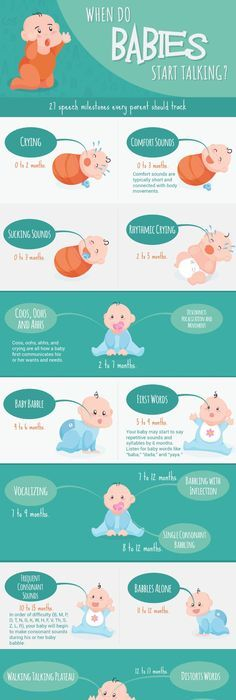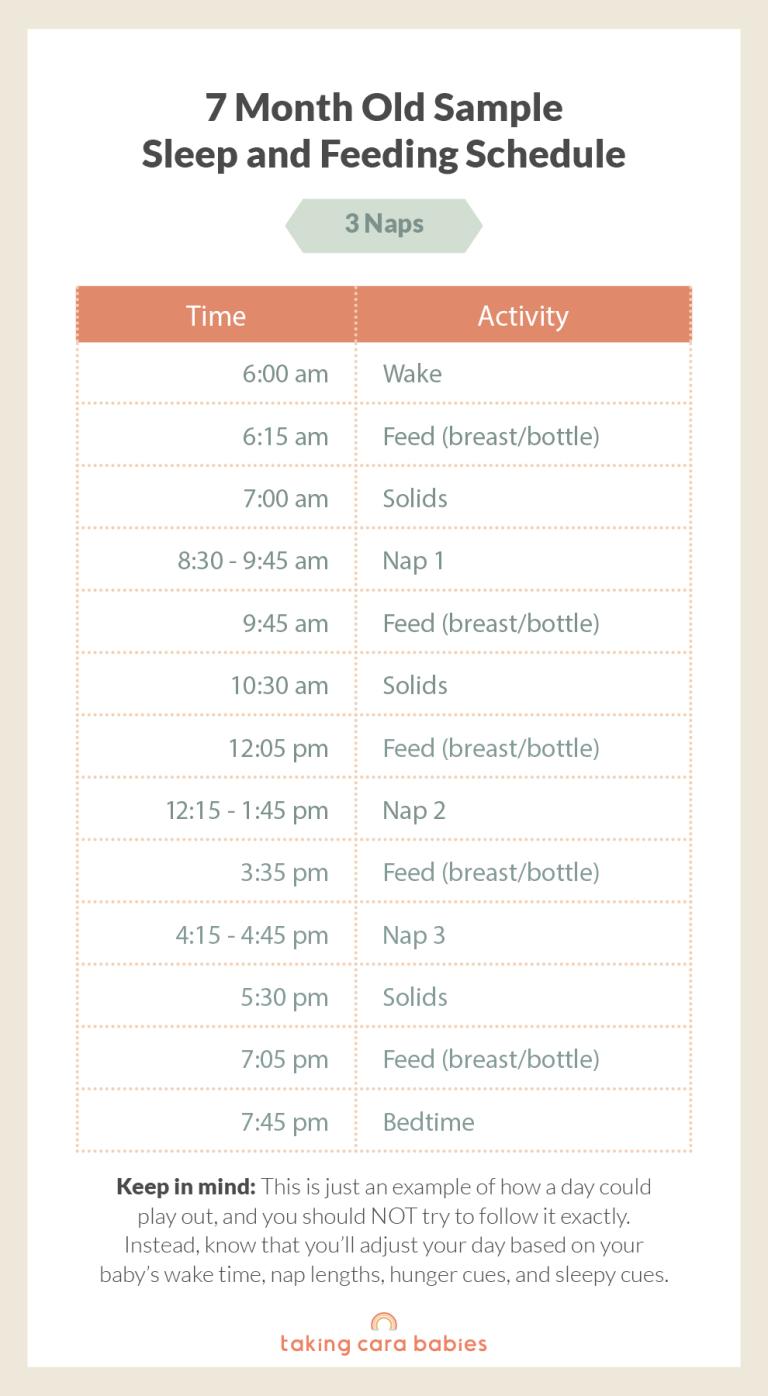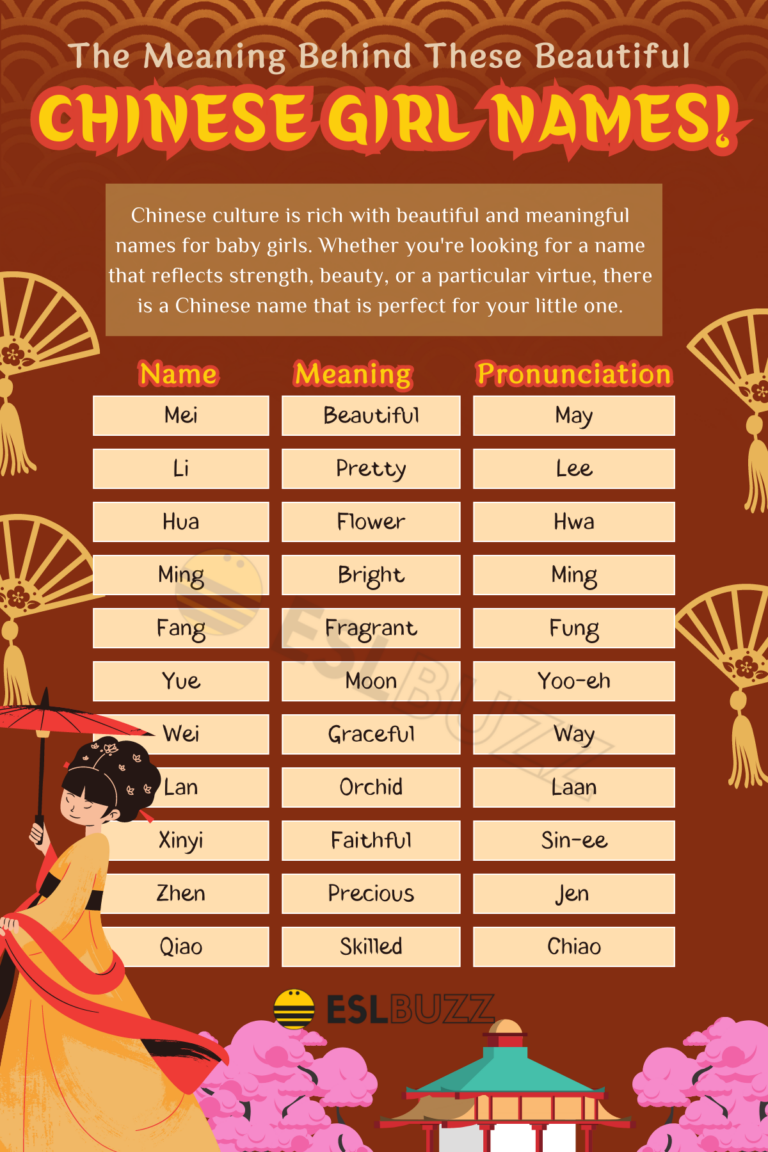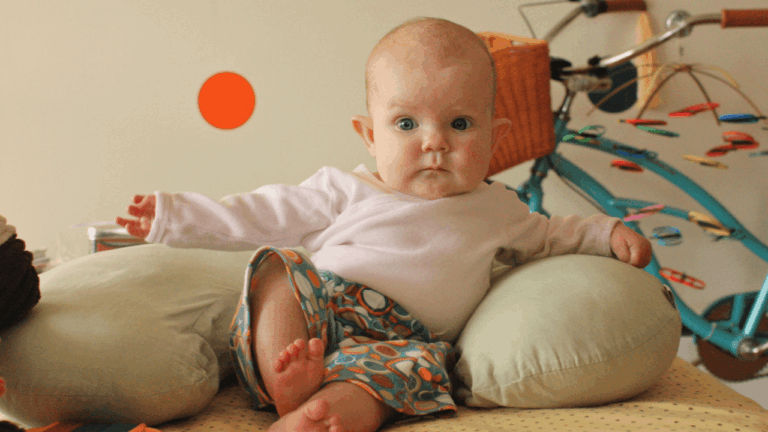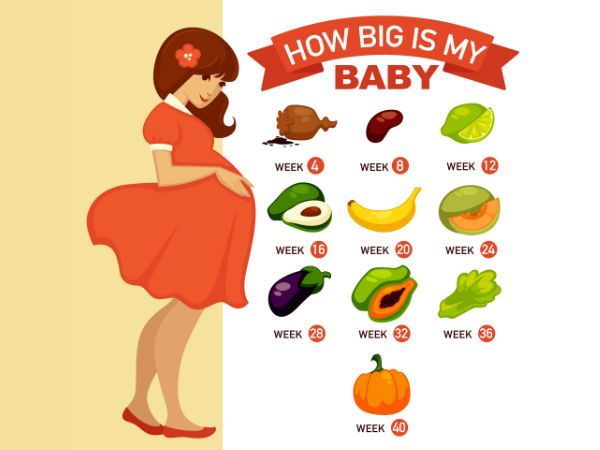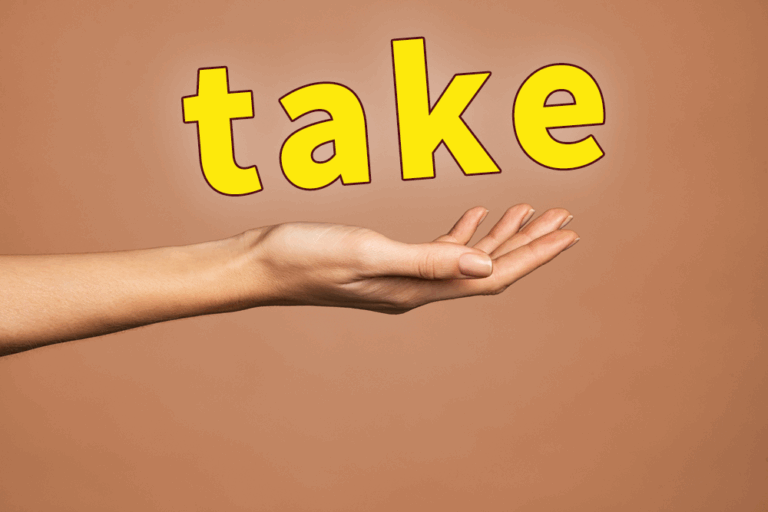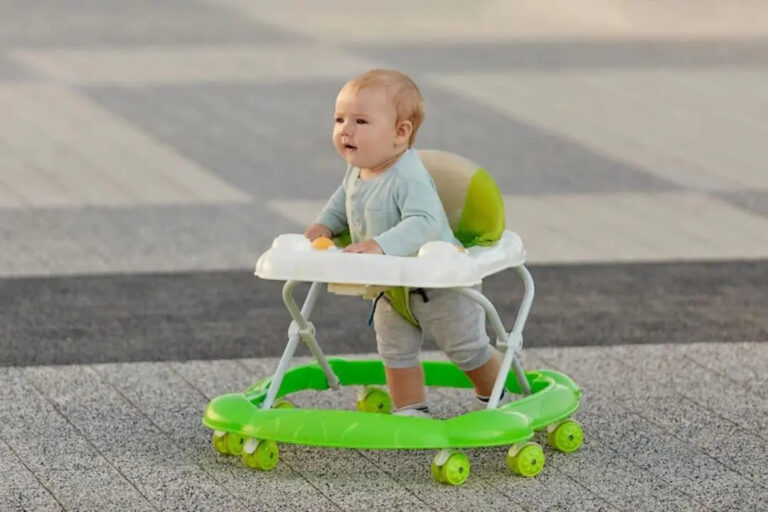What Age Should A Baby Start Talking
Have you ever wondered at what age your little one will start talking? It’s a common question among parents as they eagerly await their child’s first words. In this article, we will dive into the topic of what age a baby should start talking and explore the different factors that can influence this milestone.
Knowledge
When it comes to the age at which a baby should start talking, there is no one-size-fits-all answer. Babies typically start saying their first words between 10 to 14 months of age. However, some babies may start talking as early as 8 months, while others may not start until they are closer to 18 months.
There are several factors that can influence when a baby will start talking. Genetics play a role, as children with a family history of early talkers may themselves start talking earlier. The environment in which a child is raised also plays a significant role. Babies who are exposed to a rich language environment with lots of talking and interaction are more likely to start talking earlier.
Another important factor is the individual personality of the baby. Some babies are more vocal and outgoing, while others may be more reserved. This can impact when a baby starts talking, as more outgoing babies may be more eager to communicate verbally.
While the age at which a baby starts talking can vary, there are some signs that indicate your little one is ready to start communicating verbally. These signs include:
If your baby is displaying these signs, it is a good indication that they are on track to start talking soon.
Conclusion
In conclusion, the age at which a baby should start talking can vary from child to child. While most babies start saying their first words between 10 to 14 months of age, some may start earlier or later. It’s important to create a nurturing and language-rich environment for your baby to help encourage their communication skills.
Parents and caregivers play a crucial role in supporting their child’s language development. By engaging in conversation, reading books, and playing games that encourage communication, you can help your little one on their journey to becoming a confident communicator.
Remember, every child is unique, and it’s essential to celebrate their individual milestones and progress. Enjoy the journey of watching your baby grow and develop their language skills!
